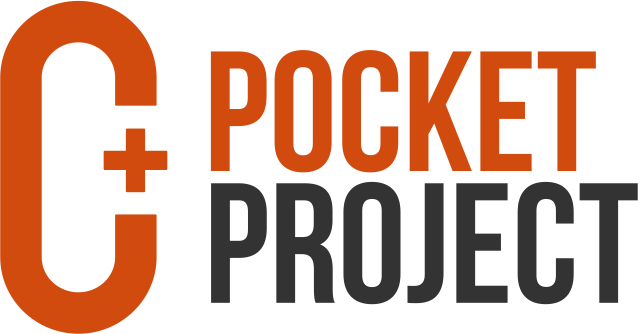Collective & Transgenerational Trauma in the Balkans
Lab Cycle Oct 2020 - July 2021 Report
Facilitators
Gregor Steinmaurer, Amela Tahirovic & Nikola Jurisic
Trainees
Susanne Stillhammer
LANGUAGE
English
Description
This research lab explored the landscape of collective trauma – current and historical – in the larger region of the Balkans (Ex Yugoslavia, plus Hungary, Bulgaria, Romania, Albania and Greece). The lab brought together people from all nations, ethnicities, religions and other relevant subgroups from the Balkan region to explore the unintegrated past in this area, and its impacts on the present across a broad number of societal dimensions (including cultural, political, socio-economic).
We set out to:
- Develop a shared understanding of the major historical layers in the region, including major formative events, sharing objective facts.
- Reflect on the meta-narratives/grand narratives that developed from unintegrated past trauma in different areas of the Balkans, in particular those that are shared and/or conflicting.
- Discuss how current societal life circumstances, systems and structures are influenced by unintegrated collective trauma experiences.
- Leverage the unique qualities and resources in the region that can be utilized for this work.
We started out with a group of 40 participants and completed with 18 participants. Almost all of the participants had personal or ancestral ties to the Balkan region, and the group together covered almost all of the Balkan countries, with common countries’ participants having ties to Serbia and Croatia. We met for 11 group sessions – once every 3 weeks – from October 2020 to June 2021.



We explored the following questions:
- What constitutes the layers of collective trauma in the Balkans?
- How does collective trauma influence the development of culture and identity in the Balkans?
- How does our use of language reflect and reinforce the consequences of this trauma?
- How do we relate individually and inter-generationally to the collective trauma landscape?
- Can coherent ‘we-spaces’ and a process of witnessing collective and transgenerational trauma lead to an integration and eventual healing of this area of collective trauma?
Stages of our process as a group:
1. Synchronising & Resourcing
2. Meeting the Collective Trauma Landscape
3. Exploring Individual & Collective Conditioning
4. Listening to Ancestral Roots & Voices from the Field
5. Integrating & Restoring
6. Transforming & Meta-learning
Moments of Challenge
We experienced several challenging moments, of which the following stood out:
- Some initial frictions in the group, where participants voiced their anger, frustration or dissatisfaction either directly in the call or often through emails after the calls. These were later traced back to a high level of passion and engagement with the topic which initially had not been provided a container for.
- Fragmentation in the facilitator field around sessions 3-4.
- Shifting the energy to another container when Srebrenica was raised, seeing we did not have sufficient time to properly process such a significant trauma event.
- Handling trauma activation in the moment, mostly by slowing down and inviting participants to feel what they are feeling (what they are actually feeling).
- This Balkan Lab served for some as the closest approximation they had experienced to work with issues related to their national trauma, as there were no other Labs offered specifically for any Eastern European country.
- The wide representation of the group – ethnically, nationally, and regionally – both with participants who had direct experience of war in the 90s, as well as participants who had no direct (national-ethnic) connection to the Balkans and were perceived as fence-sitters
MOMENTS OF GRACE
- Re-creation of an even more coherent Facilitator Team field after supervision and spending more time together outside of sessions.
- At least 3 moments when participants tapped into a place of both personal and collective wounding, and we had sufficient coherence as a group to allow, witness and process.
- There were precious moments where real grief happened in the group. Especially in the beginning, there were strong moments where participants expressed feeling a very heavy blanket of unexpressed sadness and anger.
- Through participants’ voices it became apparent that despite traumatic loss (e.g. the end of Yugoslavia in a terrible, traumatic war), there had been no room to grieve and therefore no way to really let go. Instead, the trauma had turned into either idealization, romanticising, or condemning the past.
- Spotting also the “silent voices” and their helplessness; realizing that silence is also a trauma dynamic.
- The final session in which each participant was asked to make a contribution (song, presentation, poem) and during which the richness of diversity became evident.
- After closing the Lab, participants continued working on their topics and while writing this (in November 2021), a meeting is being initiated by the participants themselves.
INSIGHTS
- The process we jointly experienced demonstrates that healing collective trauma in the Balkans is possible.
- Trauma commonly shows up in everyday language, mostly in a way that reinforces ‘othering’ across many different dimension (class, side in the war, nation, ethnicity, gender, etc).
- Approximately ten themes related to collective trauma were identified, and these could be studied further.
- The coherence in the Facilitator Team is directly related to the coherence of the whole process.
- Increasingly it became clear during the Lab journey how much incomplete and unprocessed grief is stored in individuals as well as in the collective around the Balkan region, and probably in all topics related to collective trauma. One person mentioned that he became aware that he never had the opportunity to grieve the loss of “Yugoslavia” and still feels like a foreigner in his own home country of what is now Serbia.
Our Lab Team
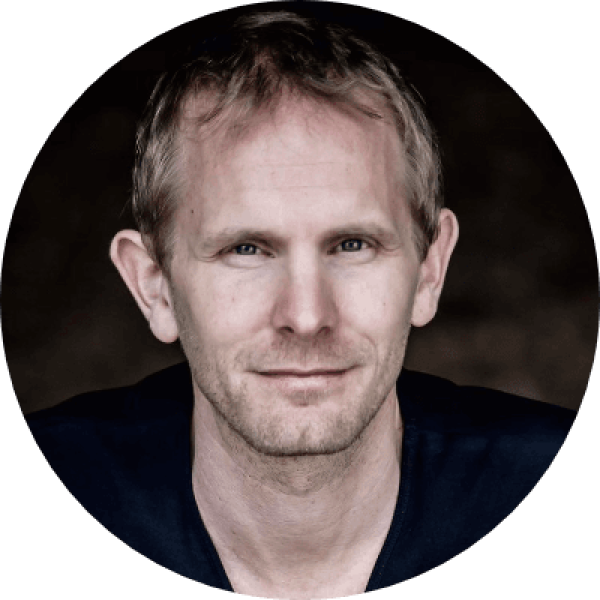
Gregor Steinmaurer
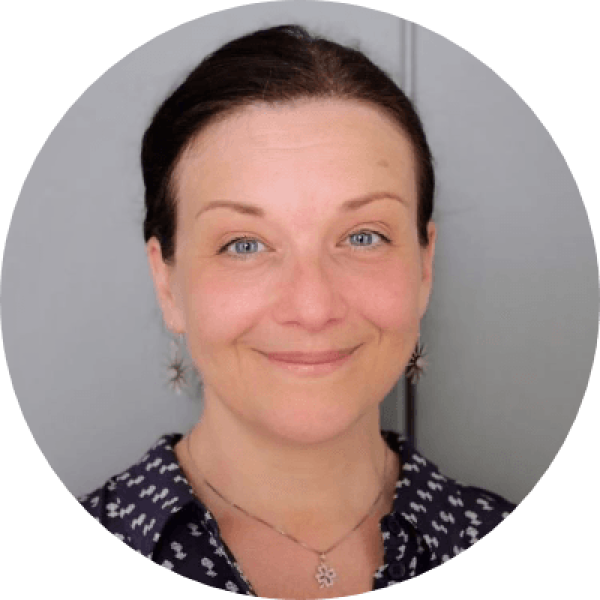
Amela Tahirovic
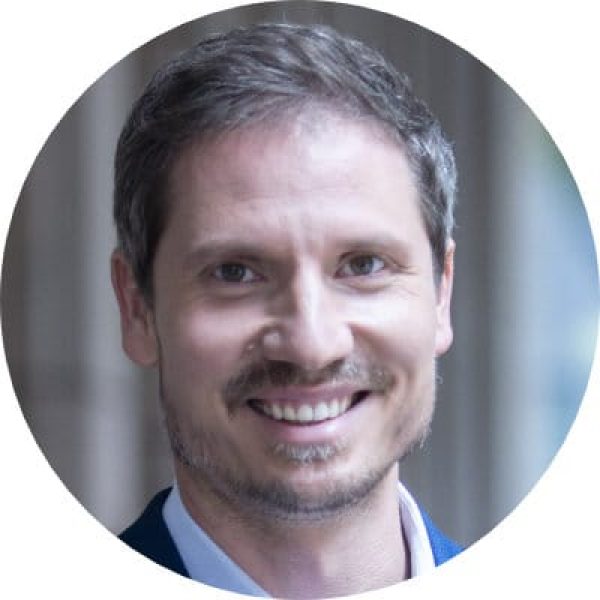
Nikola Jurisic
Facilitators: Gregor Steinmaurer, Amela Tahirovic, Nikola Jurisic; trainee: Susanne Stillhammer
Language: English
 This research lab is focused on exploring the landscape of collective trauma – current and historical – in the larger region of the Balkans (Ex Yugoslavia, plus Hungary, Bulgaria, Romania, Albania and Greece). The lab invites people from all nations, ethnicities, religions and other relevant subgroups from the Balkan region to come together, to explore the unintegrated past in this area, and its impacts on the current situation in the region, in terms of a broad number of societal dimensions including cultural, political, socio-economic.
This research lab is focused on exploring the landscape of collective trauma – current and historical – in the larger region of the Balkans (Ex Yugoslavia, plus Hungary, Bulgaria, Romania, Albania and Greece). The lab invites people from all nations, ethnicities, religions and other relevant subgroups from the Balkan region to come together, to explore the unintegrated past in this area, and its impacts on the current situation in the region, in terms of a broad number of societal dimensions including cultural, political, socio-economic.
- Developing a shared understanding of the major historical layers in the region. Major formative events, and shared objective facts.
- Meta narratives/grand narratives that developed from unintegrated past trauma in different areas of the Balkan, in particular those that are shared and/or conflicting.
- How the current societal life circumstances, systems and structures are influenced by unintegrated collective trauma experiences
- Unique qualities and resources in the region that can be utilized for this work
We will be exploring
- What constitutes the historical background of collective trauma and resilience in the Balkan region?
- How does the historical collective and transgenerational trauma influence the development of cultural architecture in the Balkans?
- How does our use of language reflect and reinforce the consequences of this trauma?
- How does this area of collective and transgenerational trauma show itself in times of crisis (e.g. Covid-19, climate emergencies)?
- Can coherent we-spaces and a process of witnessing collective and transgenerational trauma lead to an integration and eventual healing of this area of collective trauma?
Participants are asked to commit to
- Participate in all online meetings. General capacity for self-regulation and grounding while working with potentially triggering content.
- Be willing to engage and open for new ideas and for exploration.
- Understand the primary intention of the lab as a research container, and not a group for personal trauma work.
- Ensure to be free from the influence of drugs.
- Assume confidentiality – all personal sharing within this Lab will be kept confidential and names of other participants will not be shared, nor will they be described.
- Assuming self-responsibility for your health – this Lab does not provide therapy or treatment.
Lab Team
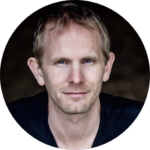 Gregor Steinmaurer
Gregor Steinmaurer
is a Systemic Therapist, Traumatherapist (Somatic Experiencing®), Psychosocial Counsellor (Dipl. LSB, Austria), Coach and Facilitator, and holds a Masters Degree in Counselling Psychology. He lives in Austria, works in private practice and leads workshops internationally for over 15 years, also with his wife Komala de Amorim. He is further trained in a variety of methods and therapeutic modalities, such as Systemic Family and Primal Therapy, Family Constellation, NLP, Bodywork and in Trauma Therapy with Marianne Bentzen (Neuroaffective Therapy), Maggie Phillips (Ego-State Therapy) and others. Gregor has followed a regular practice of Meditation and Martial Arts for over 20 years. He met Thomas Hübl in 2009, and is a member of the Assistant Team and Core Team in the Pocket Project. His interest lies in the further development of collective healing oriented processes at the intersection of trauma, mysticism and integral development.
 Amela Tahirovic
Amela Tahirovic
is an integral psychotherapist who is specialized in healing trauma and she supports people in their healing processes from her private practice in Copenhagen, Denmark. During the last six years, Amela has been leading many workshops and different ‘we-space’ practices in Denmark and abroad. Together with her partner Niklas Thrane she is also offering ‘couple-to-couple’ therapy – guiding couples to more intimacy and a deeper connection. Amela is a devoted mother, a seasoned meditator, a modern mystic, an artist and she work daily with various modalities of intuitive healing. Since 2015 Amela has been passionately following Thomas Hübl teachings and successfully completed Timeless Wisdom Training 5 in 2019. She is a member of the Core Group and Inner Science Training Group.
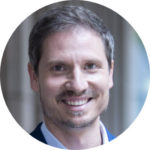 Nikola Jurisic
Nikola Jurisic
is an leading expert in building values driven system – organizational, government wide or societal/national. Nikola has worked with McKinsey for 14 years, where he leads culture and change work across more than 90 countries in Eastern Europe, and the Middle East, and Africa. He has advised over 200 organizations on this topic across the public and private sectors globally. In his service work, Nikola collaborates with individuals and organizations across the Balkans who share the vision of processing collective trauma to build a values driven society in the region. He is a Newfield and ICF certified life coach, a Aberkyn and GBA trained facilitator of transformation and a Damanhur University graduated spiritual healer.
